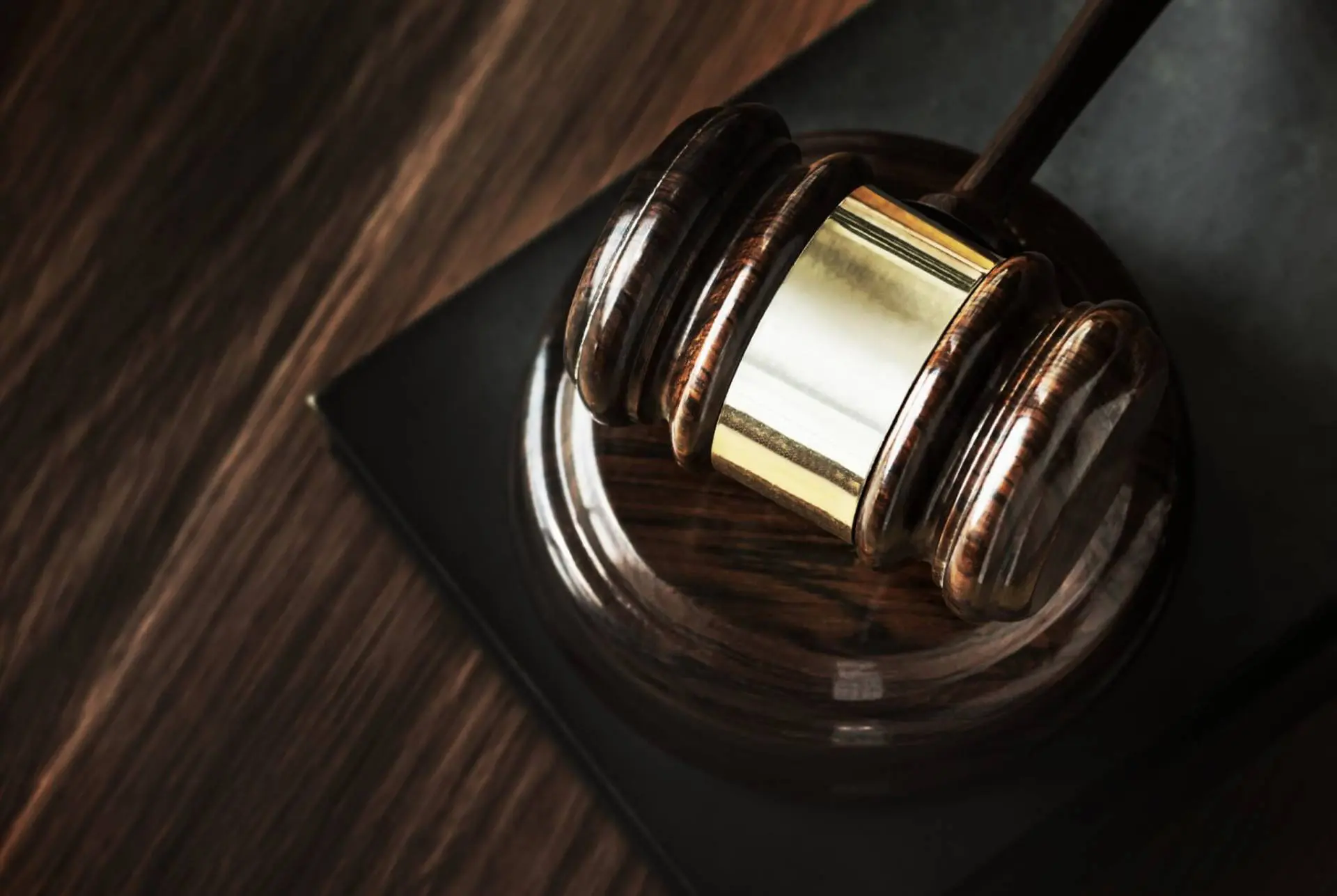Getting arrested is a pain, to put it lightly. But depending on what you’re charged with, there’s a fairly good chance that you won’t have to hang out in jail until your day in court so long as you pay bail.
The idea behind bail is that people are much less likely to try to leave the city, state, or country to avoid their court dates if they are forced to pay to be let out. If you make all your court appearances then you can get the money back. If you skip them, the money is forfeited.
To understand how bail is set in Virginia we will first have to look at the three different kinds of bail that Virginia uses. With this information in place, we can then look to see how bail is set. Finally, we’ll briefly discuss what happens if you can’t afford to pay bail.
What Types of Bail Are There In Virginia?
In Virginia, there are three types of bail. The types of bail are:
- Recognizance: This is the easiest type of bail to deal with because it is essentially just a written agreement between you and the court that says you will come back to attend all the hearings related to the criminal case. You don’t need to pay any money for a personal recognizance bond. Minor offenses are most often granted recognizance bail.
- Unsecured Bond: An unsecured bond is like a mixture of recognizance bail and a secured bond. While no money needs to be paid in order to be released, you would sign a written agreement that states that you agree to attend all court hearings related to the criminal case and if you should fail to attend a court hearing, or violate the terms of your release in some other fashion, then you will have to pay a set amount of money as the court has determined.
- Secured Bond: In a serious crime, or one in which the perpetrator is considered to be a high flight risk, then the court will set a secured bond. If you want to be released from jail then you would have to pay the bond, as set by the court. Should you attend all the court dates and withhold from violating the terms of your release, then the bond that you paid would be returned to you at the end of the case. For many people, a secured bond asks for more money than they could raise on their own. We’ll talk more about what happens in those cases in just a moment.
How Is Bail Set?
To understand how bail is set in Virginia we need to turn our attention over to Virginia Code § 19.2-120. We find several important factors for determining how bail is set here, but we also find out that bail isn’t set in every case.
For example, the first part of the code tells us that a person who is held in custody pending trial should be admitted bail by a judicial officer. However, it sets out two important situations where this doesn’t apply:
- If there is probable cause to believe that the individual will not appear in court then bail could be denied. You’ll notice that this language shares similarities to secured bonds as discussed above. If a secured bond is considered to not be enough insurance that an individual will show, bail may not be granted.
- If releasing the individual back into the community would pose an unreasonable danger to the individual, the community, or their household members. This is applied as necessary based on the specifics of the case.
Note, however, that certain crimes will come with a presumption that the individual is a danger should they be released and so bail is unlikely in cases of crimes like:
- Rape, murder, or other extremely violent crimes
- Crimes where the maximum sentence is death or life in prison
- Some drug offenses for Schedule I or Schedule II controlled substances, depending on the past circumstances and whether or not the individual is considered a drug kingpin under Virginia law
- Some firearm offenses
- Child pornography crimes
- Some street gang offenses
If your crime doesn’t fall into one of these categories then bail is set by looking at:
- The nature of the crime
- The individual’s criminal history
- The physical and mental health of the individual
- Local family ties
- How long they’ve been a member of the community
- Employment history
- What financial resources are available
- Their relationship with substance abuse
- The history of missing court cases
What Happens If I Can’t Afford Bail?
If you can’t afford to pay bail yourself then you’ll most likely work with a bail bondsman. These are individuals that charge a fee in order to use their own funds to pay for your bail.
When you work with a bail bondsman, you will never get the fee you pay them back. That is how they earn a living. The job is risky for the bondsman, as they could lose out on a lot of money should you skip out on the case. Therefore, you’ll find that bondsmen will often look to ensure that you make it to court by bringing you themselves if they have to.
Working with a bail bondsman can be a stressful experience but it is often the only way for people to get out of jail when it comes to secured bonds.
What’s the Best Way to Win a Court Case?
While there is no guaranteed way to win a court case, working with an experienced attorney is one of the best ways to improve your chances. They’ll work with you to gather evidence and witnesses in order to present the best possible defense they can. If you’re looking for an attorney to help you prove your innocence, and get back the bail you paid, then reach out to Scott Nolan | Carluzzo, Rochkind, & Smith, P.C.
We’re always ready to help. Give us a call to book a consultation today.



